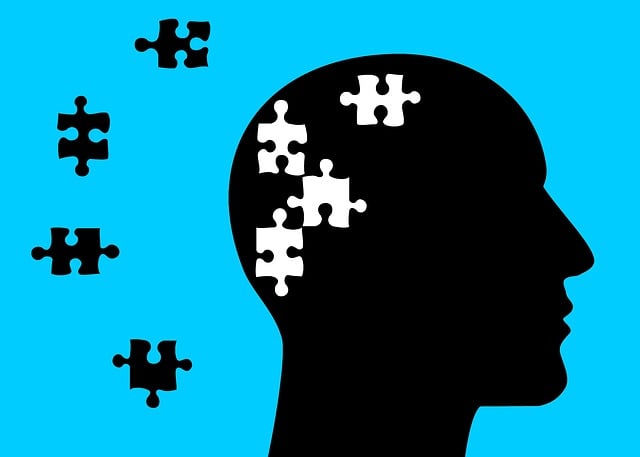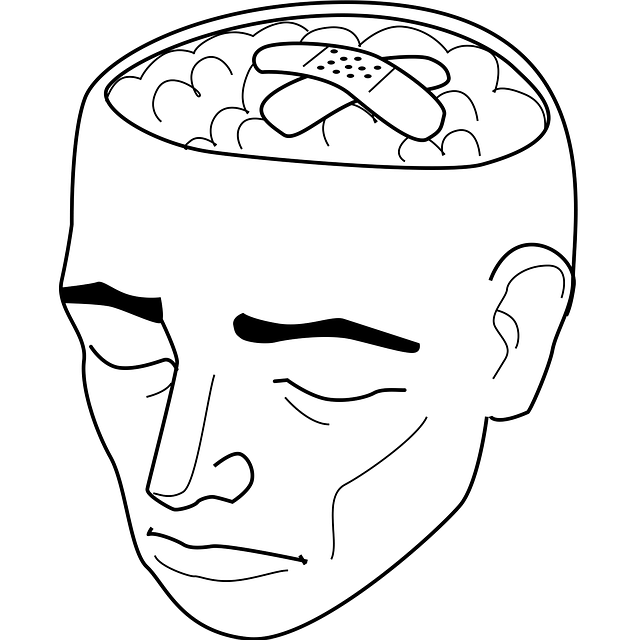Comprendre et adapter les approches de santé mentale aux enfants francophones est crucial. Les barrières linguistiques et culturelles influencent leur expression émotionnelle, rendant nécessaire l'utilisation d'outils d'évaluation culturellement sensibles. L'intégration de pratiques comme la thérapie par la pleine conscience améliore la collecte de données et aide ces jeunes à gérer leurs émotions. En adaptant les stratégies de traitement, notamment avec des interventions guidées de crise, on peut mieux répondre aux besoins uniques de cette population, offrant ainsi une meilleure santé mentale aux enfants francophones. L'analyse de données mentalest permet de développer des traitements personnalisés et de promouvoir la résilience, facilitant l'accès à des soins culturellement adaptés.
“Mental health data analysis is a powerful tool for improving therapy approaches, especially within French-speaking communities. This article delves into the intricacies of understanding and interpreting mental health data in children, focusing on unique considerations specific to French-speaking populations. We explore the role of data in tailoring effective therapy strategies.
Through examining various interpretation techniques, we highlight their impact on treatment outcomes. Additionally, advanced data management practices are discussed as a means to enhance care for these vulnerable youth.”
- Understanding Mental Health Data in French-Speaking Children
- The Role of Data Analysis in Therapy Approach
- Interpretation Techniques and Their Impact on Treatment
- Enhancing Care with Advanced Data Management Practices
Understanding Mental Health Data in French-Speaking Children

Comprendre les données de santé mentale chez les enfants francophones est essentiel pour offrir des soins adaptés et efficaces. Cette population présente souvent des défis uniques en raison de barrières linguistiques et culturelles qui peuvent influencer la façon dont ils expriment et perçoivent leurs émotions. Les chercheurs et professionnels de la santé mentale doivent donc s’assurer que les méthodes d’évaluation et d’analyse tiennent compte de ces spécificités culturelles.
L’intégration de pratiques telles que la thérapie par la pleine conscience, la méditation et la crise intervention guidance peut être bénéfique pour améliorer la collecte et l’interprétation des données. Ces approches sont conçues pour aider les enfants francophones à développer des compétences en gestion du moral et à naviguer dans les défis émotionnels spécifiques à leur communauté. Ainsi, en adaptant les stratégies de traitement et d’évaluation, il est possible d’offrir une meilleure prise en charge de la santé mentale chez les jeunes locuteurs français.
The Role of Data Analysis in Therapy Approach

In the realm of mental health, data analysis plays a pivotal role in shaping therapeutic approaches, especially when tailored to specific populations like French-speaking children. By meticulously analyzing relevant information, therapists can gain profound insights into individual and collective behaviors, emotions, and thought patterns. This process enables them to design more personalized and effective therapy strategies. For instance, identifying recurring themes or challenges within the community can inform interventions that foster inner strength development in young French speakers.
Moreover, data-driven analysis aids in risk management planning for mental health professionals. It allows them to anticipate potential issues and implement conflict resolution techniques proactively. This proactive approach not only enhances therapy outcomes but also contributes to a safer and more supportive environment for both therapists and clients, ensuring that the therapeutic process remains on track and benefits all parties involved.
Interpretation Techniques and Their Impact on Treatment

The interpretation of mental health data is a pivotal step in devising effective treatment plans. Advanced techniques, such as qualitative analysis and statistical modeling, play a crucial role in understanding complex patterns within the mind. For instance, when focusing on therapy for children speaking French, these methods can help uncover subtle nuances in their experiences and behaviors. By employing risk assessment tools tailored for mental health professionals, practitioners can identify early warning signs and tailor interventions accordingly.
Mindfulness meditation and stress management workshops have emerged as valuable additions to the therapist’s toolkit. These practices not only enhance the professional’s well-being but also enable them to guide young clients through effective coping strategies. Through regular sessions, children can learn to navigate their emotional landscapes more skillfully, fostering resilience and improving overall mental health outcomes.
Enhancing Care with Advanced Data Management Practices

In today’s digital era, enhancing mental health care through advanced data management practices is more crucial than ever. By implementing sophisticated data analysis techniques, healthcare providers can gain valuable insights into patient populations, including specific groups like French-speaking children. This enables them to tailor therapy for children within this linguistic community, ensuring cultural sensitivity in mental healthcare practice and significantly improving outcomes. Advanced data management allows for a comprehensive understanding of unique challenges and needs, leading to the development of targeted interventions that address trauma support services and anxiety relief—crucial aspects of holistic care.
Effective data analysis also facilitates continuous improvement in treatment modalities. By closely examining patient journeys and responses to various therapies, healthcare professionals can refine existing practices and create innovative solutions. This iterative process not only enhances care but also fosters a more inclusive and responsive mental healthcare system, especially for culturally diverse populations like French-speaking children, ensuring they receive the specialized attention they deserve.
Mental health data analysis plays a pivotal role in refining therapy approaches for French-speaking children. By employing advanced data management practices, therapists can gain valuable insights from patient records, leading to more effective treatment strategies. The interpretation techniques discussed have a profound impact on care quality, enabling professionals to tailor therapies to individual needs. As the field progresses, integrating these analytical methods into standard care practices promises to enhance outcomes for vulnerable young speakers, ultimately improving their mental well-being.














